#helmut kautner
Text

Große Freiheit Nr. 7 (1944, Helmut Käutner, Germany)
2 notes
·
View notes
Text

María Schell-Curd Jurgens "Der schinderhannes" 1958, de Helmut Kautner.
5 notes
·
View notes
Text
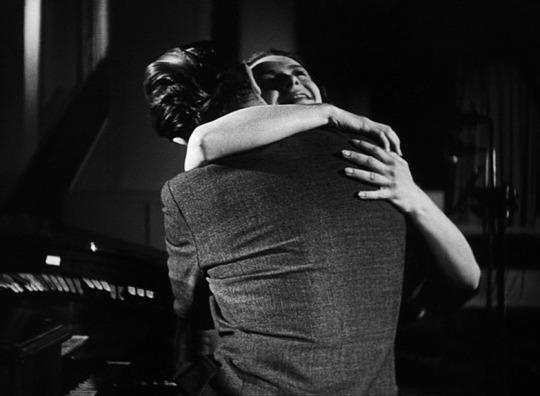


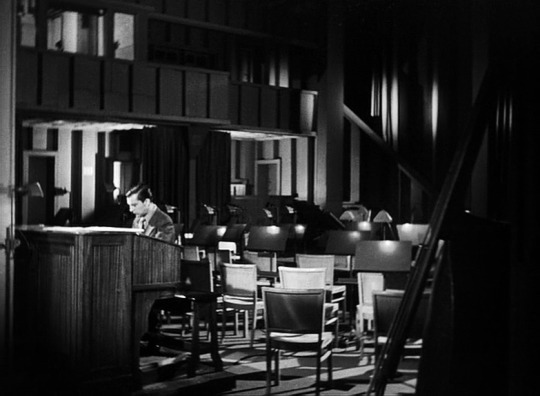
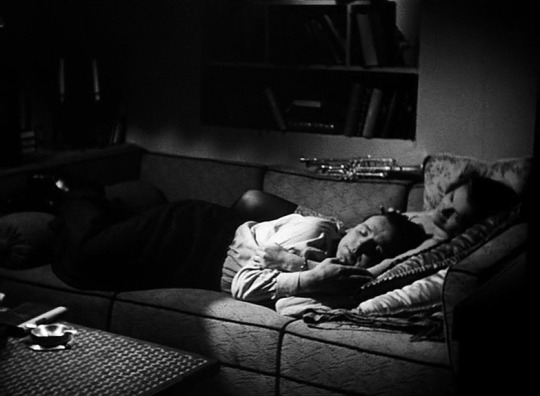


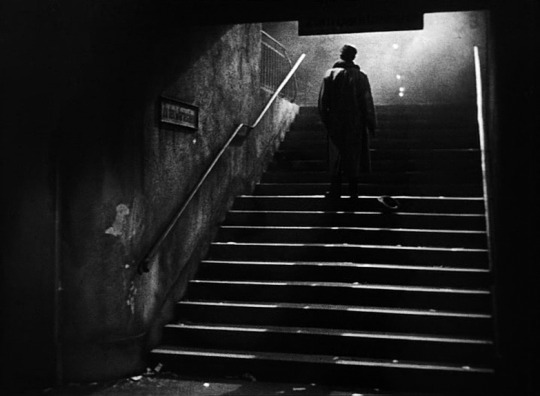
Wir machen Musik, Helmut Käutner, 1942
0 notes
Photo
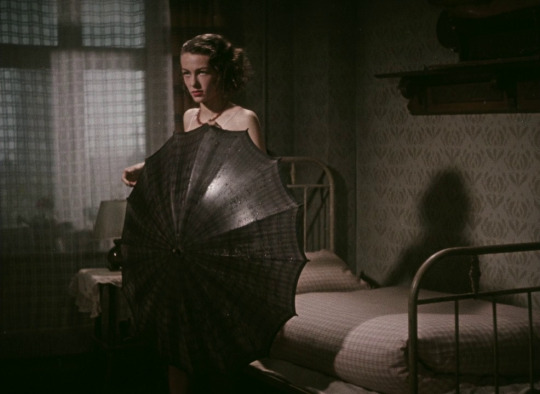
Große Freiheit Nr. 7-Great Freedom No. 7
(Helmut Kautner, 1944)
20 notes
·
View notes
Text
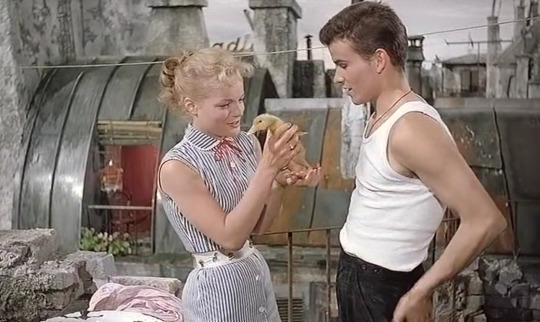
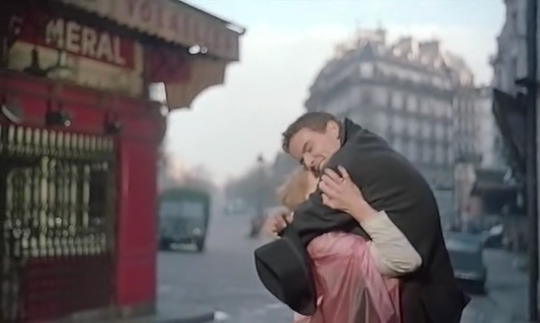


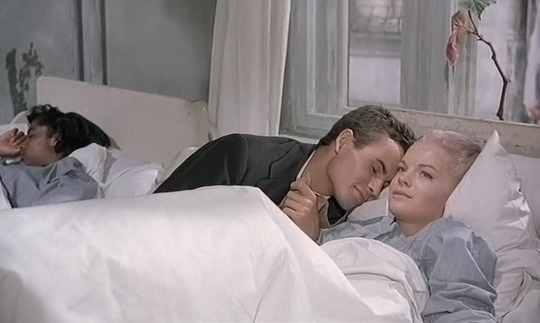
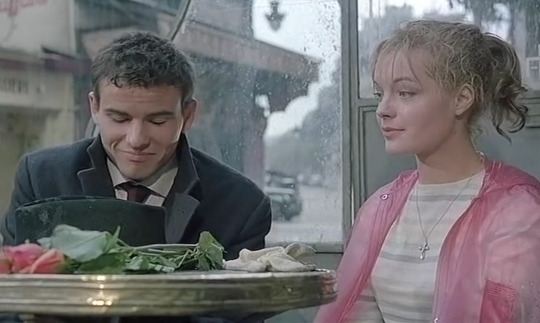
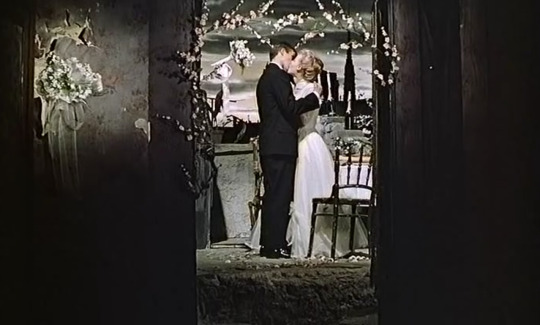
Monpti (1957)
#sweet little movie...#monpti#monpti 1957#romy schneider#helmut kautner#50s#50s film#mine#dailyworldcinema
23 notes
·
View notes
Text



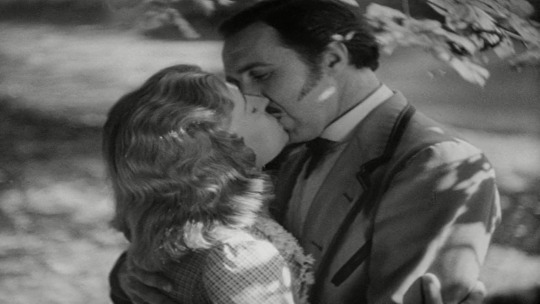
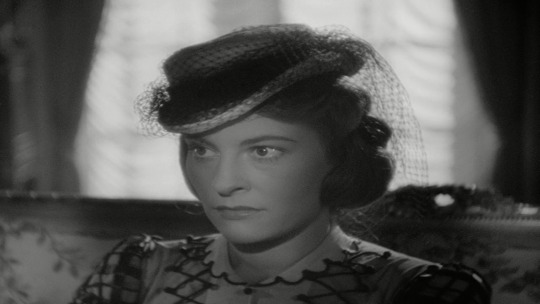


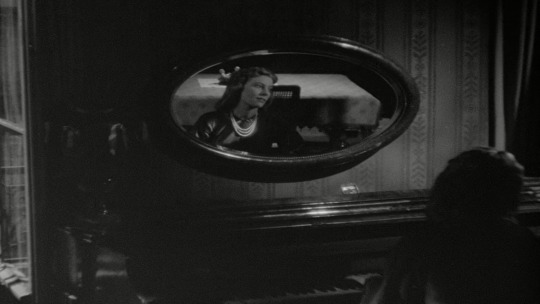
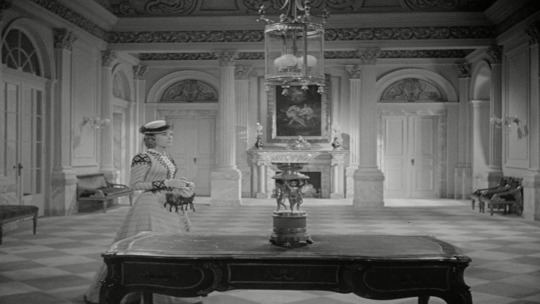

Romance in a Minor Key | 1943 | Helmut Kautner
1 note
·
View note
Photo
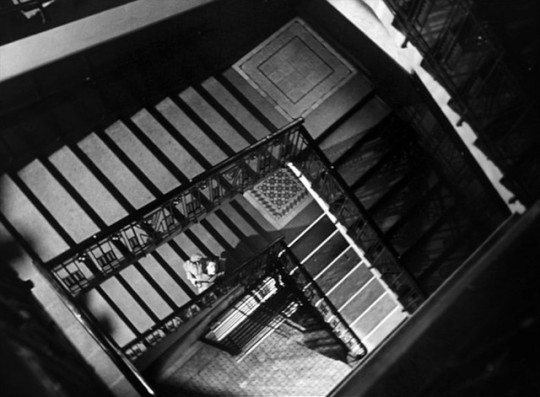
Wir machen musik (Helmut Käutner, 1942)
4 notes
·
View notes
Photo
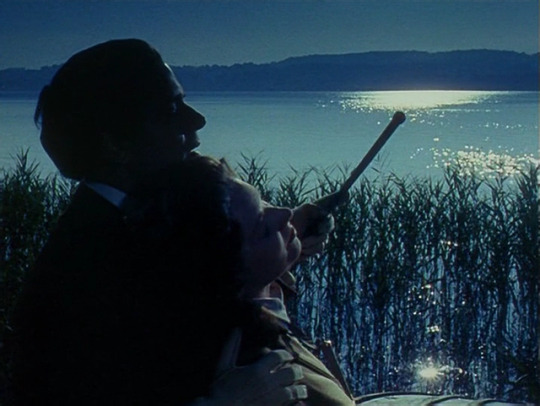
ludwig II helmut kautner 1955
7 notes
·
View notes
Photo
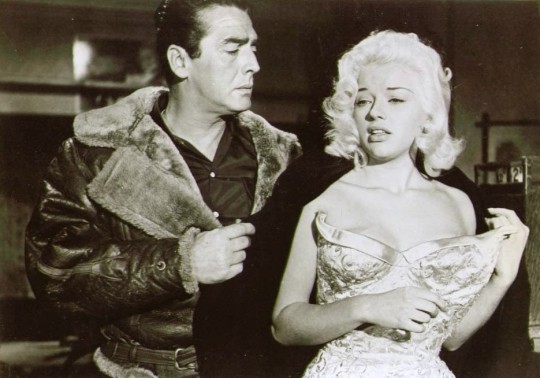
Today at #NoirCityHollywood, THE LONG HAUL & BLACK GRAVEL, 7:30 p.m. at the Egyptian Theatre. Victoria Mature and Alan K. Rode will be your hosts.Full fest info: http://bit.ly/2vHKd2O
THE LONG HAUL
1957, Sony Repertory, 100 min, UK/USA, Dir: Ken Hughes
Harry Miller (Victor Mature), an American GI married to a British war bride (Gene Anderson), signs on as a long-haul lorry driver and finds the business rife with corruption, especially gangster Joe Easy (Patrick Allen). When Easy’s girl Lynn (Diana Dors) takes a shine to Harry, his sturdy moral fiber is stretched every which way. A well-wrought and amusingly sleazy British version of Hollywood trucking tales like THEY DRIVE BY NIGHT and THIEVES’ HIGHWAY, this satisfies the craving of noir addicts with its underworld misfits, shadowy atmospherics and voluptuous Dors doing all she can to mess with Mature’s marriage. With a thrilling climax right out of THE WAGES OF FEAR.
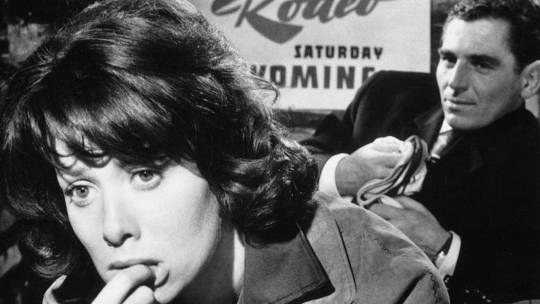
BLACK GRAVEL
SCHWARZER KIES
1961, Kino Lorber, 113 min, West Germany, Dir: Helmut Käutner
A village in postwar Germany undergoes a nasty transformation when the US military decides it’s perfect for a missile base. Locals detest the occupying force, but they angle to cash in, legal and otherwise, on the economic boom. Neidhardt (Helmut Wildt), a prototypical noir character, works as a trucker in this blackest of markets, playing both sides of the law. His hustle turns horrifying, however, after a fatal accident plunges him further into ruthlessness and mayhem. Controversial on initial release due to its bitter depiction of a nation in the grip of defeat, lawlessness, and lingering anti-Semitism. This new 4K restoration by the Murnau Stiftung is Kautner's original cut, which was censored for political reasons and remained unseen since the film's 1961 premiere.
Screening format: DCP | BLACK GRAVEL in German with English subtitles. This new restoration has been completed in 4K by the Murnau Stiftung and features Käutner's director's cut, which was censored for political reasons and remained unseen since the film's 1961 premiere.
#the lonb haul#victor mature#diana doors#black gravel#german cinema#4k restoration#egyptian theatre#victoria mature#alan k roded#noircithhollywood#NOIR CITY Hollywood#noir city#film noir
16 notes
·
View notes
Text
Ritrovato Roundtable: Il Cinema Ritrovato 2017 podcast report
Ritrovato Roundtable: Il Cinema Ritrovato 2017 podcast report
I’m back from Bologna and joined in the podcast studio by Pete Baran and film writer Philip Concannon. We’re chatting about our highlights, discoveries and dud from the Il Cinema Ritrovato festival – a banquet of archive, vintage and restored cinema, spanning silent and sound films. https://silentlondon.files.wordpress.com/2017/07/silentlondonilcinemaritrovato2017.mp3 Ritrovato Roundtable: Il…
View On WordPress
#Augusto Genina#Bologna#Cineteca di Bologna#featured#Frank Borzage#Helmut Kautner#Il Cinema Ritrovato#Ivan Mosjoukine#Med Hondo#Peter Baran#Phil Concannon#podcast
0 notes
Text
2017: The Year in Old Movies (because measuring it in other ways wouldn't be nearly as pleasant)
The 10 best of what the Siren watched in 2017, presented without preamble, and in alphabetical order. The Siren wishes her patient readers a most happy 2018.

The Big City (Mahanagar; directed by Satyajit Ray, 1963. Viewed on Criterion DVD)
Madhabi Mukherjee's performance instantly became an all-time favorite. It is part of Satyajit Ray's genius that he refuses to make her husband (Anil Chatterjee, half lummox, half mensch) into a villain, instead showing how the man's prejudices give way not only to love of his wife, but common sense.

Bitter Stems (Los Tallos Amargos; directed by Fernando Ayala, 1956. Viewed at Metrograph)
The Siren thinks this may be the noirest noir of them all. The movie weaves together guilt and ambivalence over Argentina's history in World War II with the hero's (Carlos Cores) own psychological unraveling. Magnificent cinematography by the Chilean Ricardo Younis. Do read Raquel Stecher's post on the film's restoration; you will see how close we came to losing this beauty forever. The Siren was so impressed that she donated to the Film Noir Foundation as thanks.

The Glass Tower (Der gläserne Turm, directed by Harald Braun, 1957. Viewed during Film Society of Lincoln Center's series The Lost Years of German Cinema: 1949–1963.)
A classic women's picture about the emotional abuse inflicted on a former actress (Lilli Palmer) by a secretly psychotic tycoon husband (O.E. Hasse). You'd know this film influenced Rainer Werner Fassbinder even if the program notes never said so. The Siren loved the way it suddenly became almost an Agatha Christie mystery, loved the design (by Walter Haag) that envisions the couple's life as a series of elegant glass-walled prison cells. The plot resembles Under Capricorn, but the film plays out to its resolution in a much more satisfying way. (Bosley Crowther's review is possibly the most sexist thing he ever wrote, which is saying something.)

I'll Be Seeing You (directed by William Dieterle, 1945. Viewed on Kino Classics DVD).
Somehow the Siren had missed this delicate wartime romance, which boasts one of Ginger Rogers' most heartfelt and touching performances. As her character and that of Joseph Cotten gradually fall in love, you realize you are watching two psychically wounded people trying to heal. The Siren much prefers this to the better-known Love Letters (same year, same director), which has a torpid screenplay by Ayn Rand; I'll Be Seeing You has a screenplay by Marion Parsonnet, whose credits include Gilda. The Siren saw I'll Be Seeing You while researching her video essay on Ginger Rogers' dramatic roles, which will be included in Arrow Films' Blu-Ray release of Magnificent Doll in February 2018.

Le Trou (The Hole; directed by Jacques Becker, 1960. Viewed at Film Forum's run of the 4K digital restoration.)
The Siren has a new favorite prison movie. And while this may surprise you, the Siren tends to like prison movies. The late-movie payoff is one that many Hollywood directors would sell a kidney to come up with.
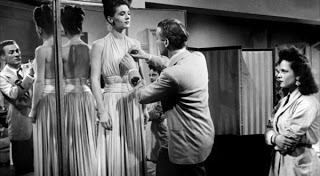
Paris Frills (Falbalas; directed by Jacques Becker, 1945. Viewed on MUBI.)
It's a pity this isn't widely available, as it makes a terrific companion piece to Paul Thomas Anderson's Phantom Thread. The Siren would love to know if Anderson saw it. Paris Frills also concerns an egotistical couturier (Raymond Rouleau), whose atelier is also in a palatial townhouse, and who also runs roughshod over the people around him, with much different consequences. Becker is more concerned than PTA with the daily labor of “les petits mains” and with suggesting all the lives beyond those of his leads. The Siren's favorite scene involved the couturier, deep in a selfish funk about a love affair, being told off by Solange (Gabrielle Dorziat), his equivalent of Phantom Thread's Cyril: “I don't give a damn about her. She has time for sentimental complications, where here there are 300 who can't be permitted that, and who you are going to put out in the street.” (Note for the Siren's fellow lovers of fashion history: The gowns were by Rochas.)
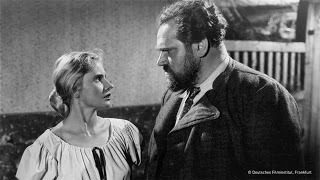
Roses Bloom on the Moorland (Rosen blühen auf dem Heidegrab; directed by Hans H. König, 1952. Viewed as part of the FSLC Lost Years series.)
The Siren's surprise of the year. One alternate title is Rape on the Moorland, which didn't exactly sound like her sort of thing, and she saw it only because it was screening at a rare moment that found her in the Walter Reade neighborhood. The film turned out to be a unique combination of Universal horror movie and rural romance, with Ruth Niehaus splendid as the death-haunted peasant heroine, and Hermann Schomberg storming through his scenes as the bestial villain. König makes exquisite use of the windswept, Bronte-esque setting, but what really sold the Siren was the denouement, with its unexpected warmth and humanity.
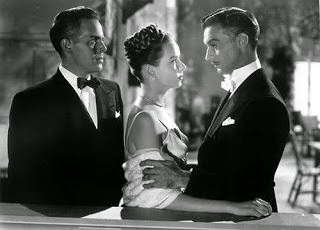
Ruthless (directed by Edgar G. Ulmer, 1948. Viewed as part of the MoMA series “Poverty Row.”)
Written about in the Siren's roundup of this series at the Village Voice.
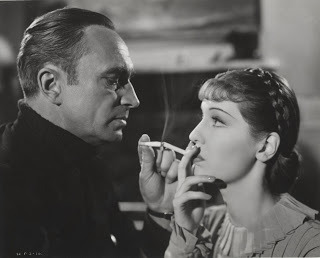
The Spy in Black (directed by Michael Powell, screenplay by Emeric Pressburger, 1939. Viewed on MUBI)
Yes yes, everybody else already got to this one; better late than never, my friends. Terrific-looking BFI restoration. Conrad Veidt has a great doomed romantic part even though he's nominally the villain. Excellent location work in the Orkneys. A coolly intriguing performance by Valerie Hobson, who ordinarily doesn't excite the Siren.
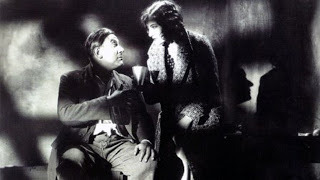
Tonka of the Gallows (Tonka Sibenice, directed by Karel Anton, 1930. Viewed as part of MoMA's series “Ecstasy and Irony: Czech Cinema, 1927–1943.”)
The Siren wrote her heart out about this one at her Film Comment blog.
Honorable mention, among many others seen and enjoyed:
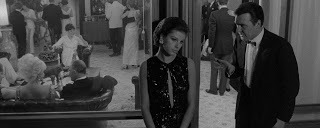
I Knew Her Well (Antonio Pietrangeli, Italy 1965)

Kristian (Martin Fric, Czechoslovakia, 1939)

Happy Journey (Otakar Vavra, Czechoslovakia 1943)

False Faces (Lowell Sherman, U.S. 1932)
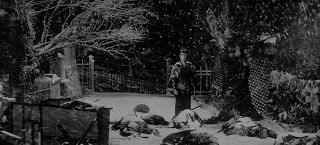
Sword of Doom (Kihachi Okamoto, Japan 1966)
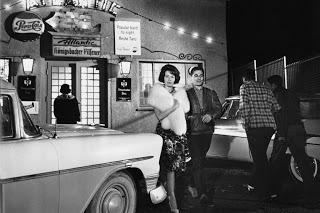
Black Gravel (Helmut Kautner, Germany, 1961. Note: This one is not for dog lovers.)
###

What follows is a roundup of some of the work that the Siren did elsewhere this year, aside from those already mentioned above.
Booklet essay for the Masters of Cinema Blu-Ray of Cover Girl (a stunning restoration, by the way).
Booklet essay for Criterion's Blu-Ray of His Girl Friday.
Booklet essay for Criterion's Blu-Ray of The Philadelphia Story.
Booklet essay for Film Movement's Blu-Ray box set of the Sissi movies, starring Romy Schneider.
For the Village Voice, a write-up of "Hank and Jim," a series at Film Forum linked to Scott Eyman's wonderful book about the deep, lifelong friendship between Henry Fonda and James Stewart.
Also for the Voice, an essay about the William Wyler series that ran at the sparkling new Quad Cinema.
"What Makes Lubitsch Lubitsch?" at the Voice, a chance to ramble on about the master, via the Film Forum's near-complete retrospective.
An essay on the magnificent Marseille Trilogy, again at the Voice.
For her blog at Film Comment, in addition to her essay on Tonka, the Siren wrote on
Michèle Morgan
Beat the Devil
The Stranger
The Last Man on Earth & It's Great to Be Alive
The “Roman Hollywood” series at Film Forum; this blog post includes the Siren holding forth briefly on her love for Three Coins in the Fountain.
0 notes
Text
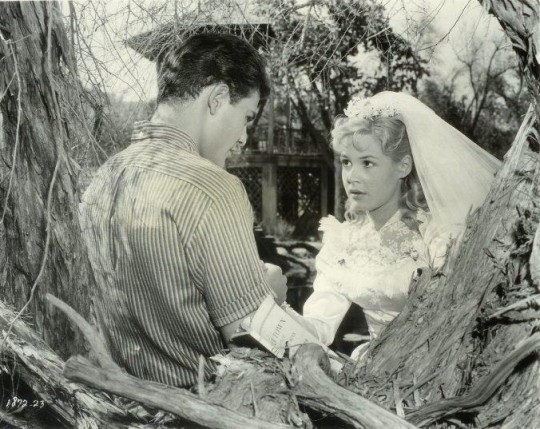
John Saxon-Sandra Dee "The restless years" 1958, de Helmut Kautner.
15 notes
·
View notes
Photo
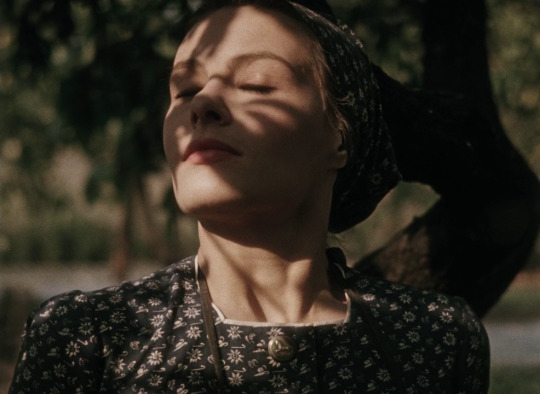
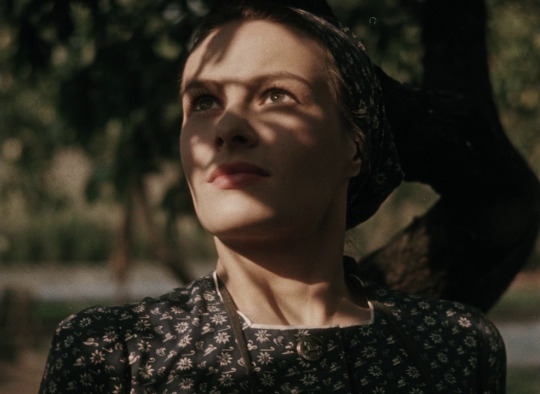
Große Freiheit Nr. 7-Great Freedom No. 7
(Helmut Kautner, 1944)
19 notes
·
View notes
Text

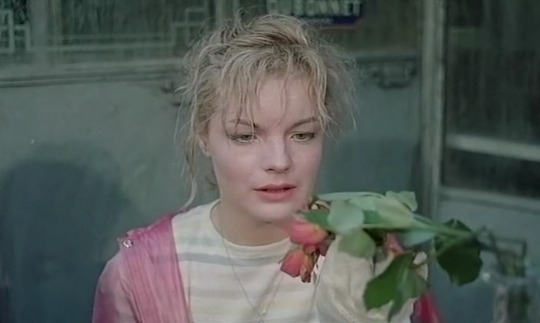
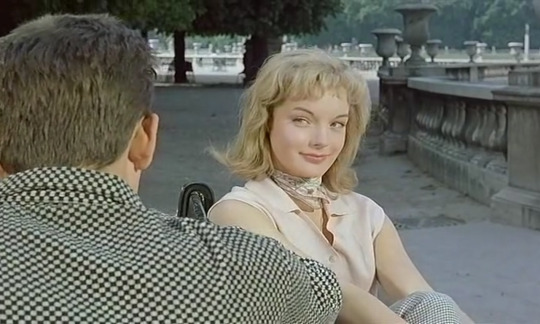
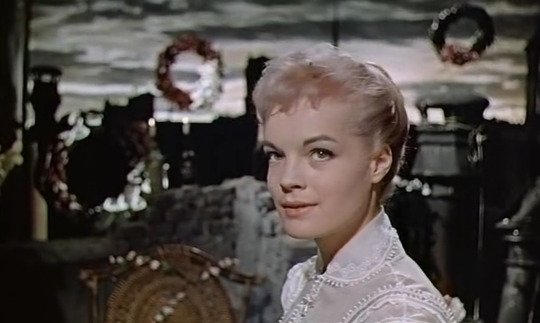
Monpti (1957)
13 notes
·
View notes